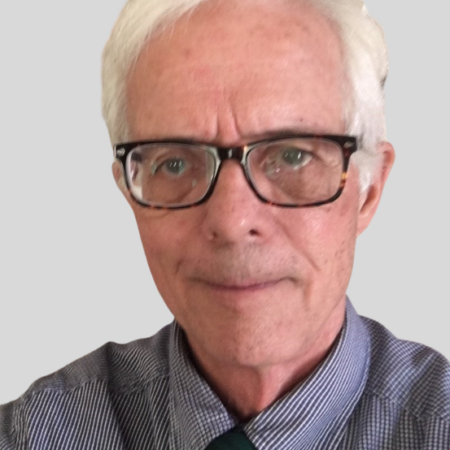Rory Leishman
 As rising numbers of critically ill COVID-19 patients threatened to overwhelm Saskatchewan’s intensive care units (ICU) wards last October, the Saskatchewan government called upon the Canadian military to airlift 19 of the province’s ICU patients to hospitals in Ontario. This was not an isolated incident. Earlier in the pandemic, critically ill COVID patients in some regions of Ontario also had to be moved to other regions of the province that still had spare ICU beds.
As rising numbers of critically ill COVID-19 patients threatened to overwhelm Saskatchewan’s intensive care units (ICU) wards last October, the Saskatchewan government called upon the Canadian military to airlift 19 of the province’s ICU patients to hospitals in Ontario. This was not an isolated incident. Earlier in the pandemic, critically ill COVID patients in some regions of Ontario also had to be moved to other regions of the province that still had spare ICU beds.
Clearly, Canada urgently needs to have more ICU beds and appropriately trained staff readily available to accommodate patients in desperate need of life-saving intensive care. What can be done to alleviate this critical defect in Canada’s health-care system?
Part of the answer is building and staffing more hugely expensive ICU wards, but that is not the whole answer. In a timely commentary published by the C.D. Howe Institute, “Expensive Endings: Reining in the High Cost of End-of-Life Care in Canada,” the authors point out that the acute shortage of ICU beds in Canada is due, in large measure, to the substantial proportion of these beds (as much as 15 per cent or more) that are occupied by terminally ill patients nearing the end of life who would be far better off receiving appropriate palliative care at far less cost in a hospice or in their own home.
According to the C.D. Howe commentary, around 87 per cent of Canadians in a recent survey indicated they would prefer to receive end-of-life care at home. Yet, in Ontario, only one in five patients “receives a physician home visit or palliative homecare in the last year of life” and “only half receive palliative care in any setting. Instead, most Canadians facing their end of life receive acute care without a palliative focus.”
This is scandalous. The severe shortage of palliative care in Canada betrays not just a gross lack of respect for the dying, but also an outrageous waste of hospital resources. It would obviously cost far less to provide Canadians with end-of-life care in their own home than in an ICU.
Granted, some dying patients require specialized, round-the-clock, palliative care that cannot be provided at home. But there would be no need for even these special needs patients to languish in an ICU if they had access to the kind of advanced palliative care available to in-patients in a hospice.
Alas, there is an acute shortage of such beds in Canada. In the United Kingdom, there are more than twice as many in-patient palliative beds per 100,000 people than are available to dying patients in Ontario.
In summation, the C.D. Howe commentary observes: “Canadians spend more on medical care at the end of life than virtually any other country, yet we achieve poor results compared to most.” One remedy is evident: Canada should invest much more in palliative care so that dying patients who are trapped in an acute-care bed with no realistic prospect of a cure can get appropriate medical assistance in dying in a palliative-care setting.
Let us be clear, though: regardless of what some bioethicists maintain, good palliative care does not include killing a patient at the patient’s informed request. The ancient Hippocratic oath got it right: physicians should be healers and caregivers, not killers. Under no circumstance should a physician deliberately kill a patient or assist a patient in committing suicide.
In the United Kingdom, anyone, including any physician, who intentionally kills a suicidal patient is guilty of murder. That also used to be the case in Canadian law until the usurpation of legislative powers by the Supreme Court of Canada in the 2015 Carter case that arbitrarily granted physicians an exemption from the murder sections of the Criminal Code for the purpose of killing suicidal patients whose death is reasonably foreseeable.
Both the Carter decision and the Trudeau government’s subsequent euthanasia legislation euphemistically named Medical Assistance in Dying (MAiD) are wholly illegitimate. In a “Joint Call to Action,” the Canadian Hospice Palliative Care Association (CHPCA) and the Canadian Society of Palliative Care Physicians (CSPCP) affirm: “Hospice palliative care sees dying as a normal part of life and helps people to live and die well. Hospice palliative care does not seek to hasten death or intentionally end life.”
This is the kind of good palliative care Canadians urgently need. Regardless of what the Supreme Court of Canada decrees or the Trudeau Liberals contend, murder is murder. For a physician or anyone else to deliberately kill a suicidal patient upon request is a crime that can never be justified — not even on the pretense of providing medical assistance in dying.




